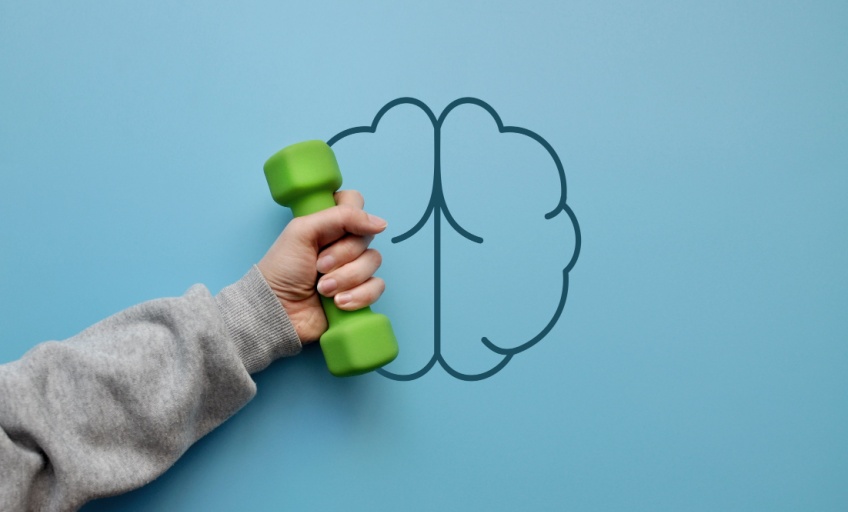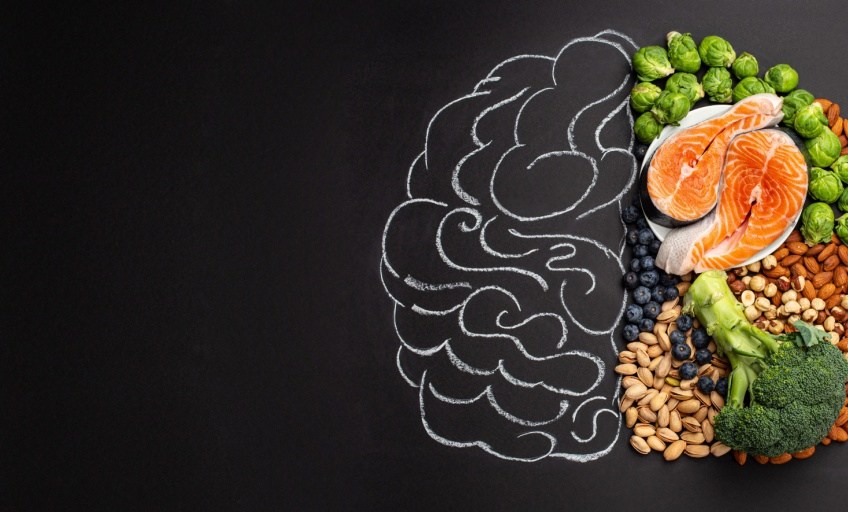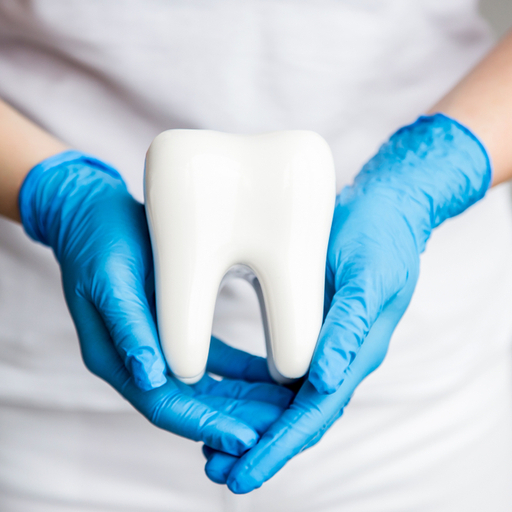In the daily hustle-bustle of life, feeling stressed, anxious, or overwhelmed is almost an everyday occurrence, whether it is due to work demands, or personal challenges. Chronic stress and anxiety, if left unmanaged can lead to mental and physical health issues.
But while you can’t avoid stress, you can always try one simple solution to help you manage it better – exercise.
Exercise not only has massive benefits for your physical fitness but can also be a highly effective way to manage stress and anxiety.
इनके बारे में जानें:
- The connection between exercise, anxiety, and stress
- How exercise can reduce stress and anxiety?
- What types of exercise are best for managing stress?
- How to start exercising?
The connection between exercise, anxiety, and stress
Exercise can stimulate the release of endorphins, or ‘feel-good’ hormones.
Ever heard of a “runner’s high” after completing a workout? That euphoric feeling is a surge of endorphins, which can help तनाव कम करें, improve your mood, and make you feel calmer and better.
Additionally, exercise can also reduce cortisol aka the stress hormone. Do you know that fight-or-flight response you get when you are stressed or feeling tense? Cortisol is the primary reason.
So every time you work out, your cortisol levels go down, making it easier to calm those anxious feelings.
How exercise can reduce stress and anxiety
Improves mood and mental clarity: Exercise, even a short, brisk 5-10 minute walk, can stimulate the release of serotonin and dopamine, neurotransmitters that promote happiness and relaxation.
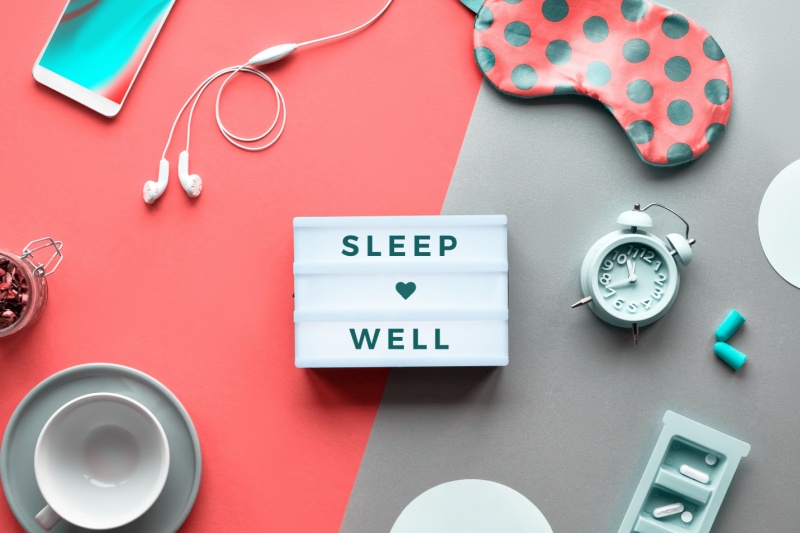
Improves sleep quality: Stress and चिंता can take a toll on your sleep. Regular exercise can help you sleep better at night, which in turn helps you manage anxiety during the day and boosts your ability to handle daily challenges.
Increases self-awareness: Exercise can help you focus more on your movements, breathing, and your feelings. By promoting self-awareness, it can help you get rid of anxious thoughts.
Builds resilience over time: Regular exercise enhances your body’s ability to manage stress. In fact, according to a study, physical activity has a significant impact on resilience, which gets better with time. Over time, you can get better at regulating your emotions and facing challenges with more confidence.
What types of exercise are best for managing stress?
Any form of exercise is better than none when it comes to managing stress and anxiety. Here are some types of workouts that have been shown to provide the most benefits:
- Cardiovascular Exercise
कार्डियो like running, swimming, and cycling is excellent for stress relief as it raises your heart rate, improves blood circulation, and releases endorphins. In the long run, it can reduce your risk of experiencing mental health challenges.
- स्ट्रेंथ ट्रेनिंग
Strength training such as squats, push-ups, resistance bands, and dumbbells, can also have calming effects similar to cardio. The focus required for strength training can help take your mind off stress. Strength training can also help you get stronger and fitter over time and can improve your self-confidence and your ability to combat anxiety.
- योग
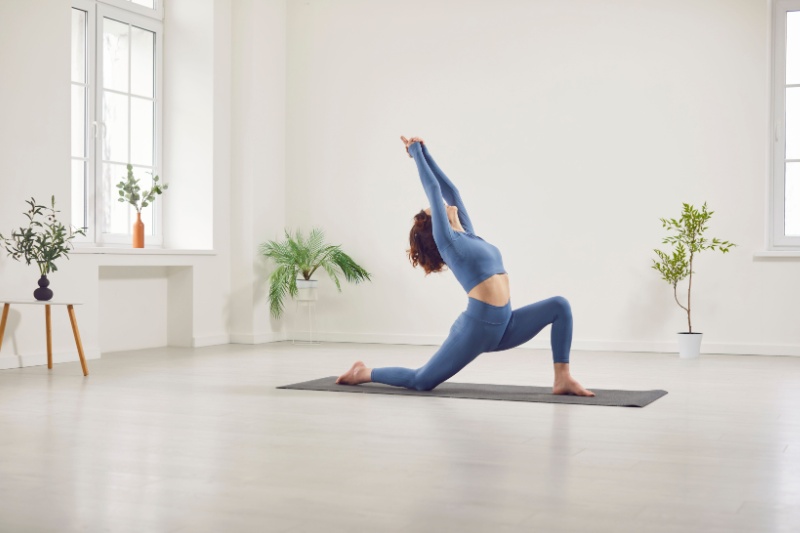
A research by Harvard Health shows that regular yoga practise combines physical movements with सचेतन and breath control which can reduce stress levels and help improve the body’s response to stress triggers.
- Walking in Nature
When you go for a walk, especially in nature, you enjoy the dual benefits of being outdoors in fresh air and the calming effect of exercise. Studies show that spending time in nature can reduce anxiety and improve overall mood.
How to start exercising?
If you are new to exercise, start small, especially if you have a busy schedule. Here’s how you can incorporate more physical activities into your routine:
- Start walking for 20 minutes few times a week
- Try yoga or light stretches at home for 15-20 minutes
- Join a fitness class or group if you need some accountability and social support
- Pick an activity that you enjoy
- Be consistent
- Remember – strive for progress, not perfection
Take it one step at a time, and know that with each workout, you are doing something good both for your physical and mental health.
Stay tuned to the Activ Living Community. Keep up to date with the latest health tips and trends through expert videos, podcasts, articles, and much more on पोषण, फिटनेस, सचेतन, और लाइफस्टाइल से जुड़ी बीमारियां like Asthma, Blood Pressure, Cholesterol, and Diabetes. Activ Living ke saath sahi sehat ki shuruat ABHI karo.
You may also be interested in the following blogs:
- Sweat Smart: How To Prevent Heart Attacks During Exercise
- Unlock The Mental Health Benefits Of Strength Training
Popular Searches
How to lower blood pressure | Fruits good for liver | Unhealthy foods | रागी के लाभ | बेसल मेटाबोलिक रेट | हाई ब्लड प्रेशर के लिए एक्यूप्रेशर पॉइंट्स | Ayurvedic medicine for blood pressure | How to control cholesterol at home | Homeopathy for Asthma | Biological Age | Home remedies for TB | Natural beta blockers | Negative effects of internet | Types of walking | ब्लड प्रेशर कैलकुलेटर | ब्लड शुगर कैलकुलेटर | BMI कैलकुलेटर





 1800-270-7000
1800-270-7000



